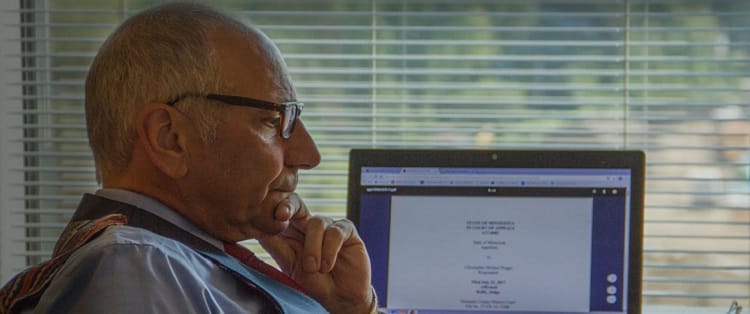The Miranda Warning is staple on many popular cop shows. While many may be aware of the now 50-year-old warning, it is likely that few really understand the way it works. Among other things it advises a suspect that they do not have to talk to authorities but that if they do, it could be used against them later at trial. In addition, it also provides suspects the right to a lawyer. While seemingly straightforward on its face, there are components of the warning the average citizen is likely unaware of.
Statements Obtained In Violation Of Miranda
Readers may be surprised to learn that statements obtained in violation of Miranda may still be of use to authorities in building a case. For example, if an accused testifies in his or her defense at trial, it is possible that such a statement could be used to impeach that person. In addition, if evidence is obtained based on that inadmissible statement, it may still be admissible at trial.
The Introduction Of A Lawyer After Suspect Agrees To Talk
If a suspect who has been read his or her Miranda rights agrees to talk with authorities, police officers do not have to stop questioning, or let that person’s lawyer into the room should the lawyer indicate that his or her client wants to remain silent.
Time Limits On Miranda Warnings
Once made, the request for a lawyer does not go on indefinitely. Instead, upon release from police custody, it only lasts for 14 days.
Explicit Statements
In a case decided by the U.S. Supreme Court several years ago, it was determined that to assert the right to remain silent, the suspect must actually verbally invoke that right. The failure to do so could result in the failure to answer a question asked, being used against that person at trial. On the other end of spectrum, another Supreme Court case determined that authorities do not need to explicitly state that suspects have a right to counsel.
What is likely apparent is that matters pertaining to the Miranda warning are complicated. Since most people do not have thorough understanding of them, the best course of action when facing a criminal charge is to indicate your intention to remain silent and seek legal assistance as quickly as possible.
